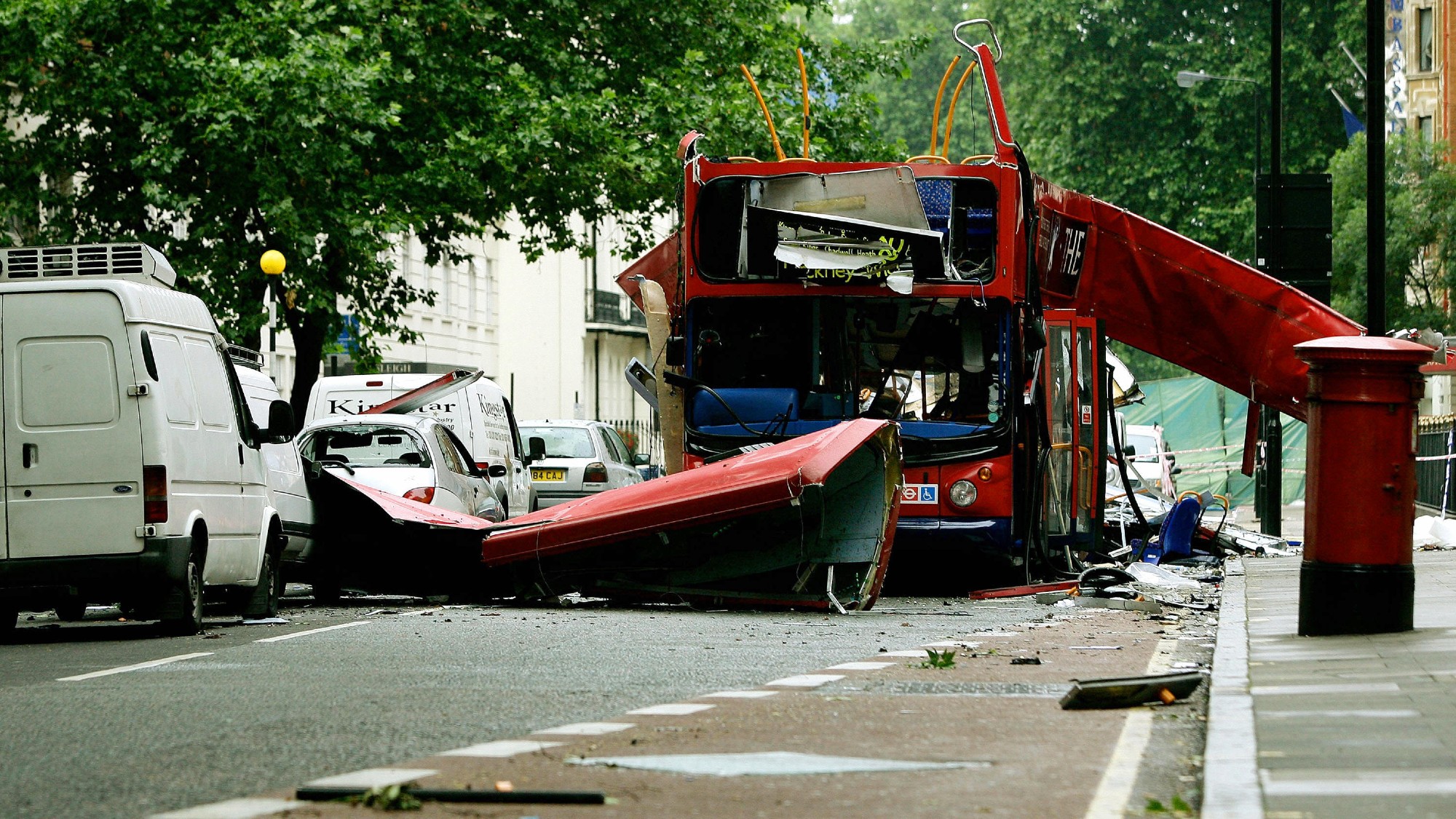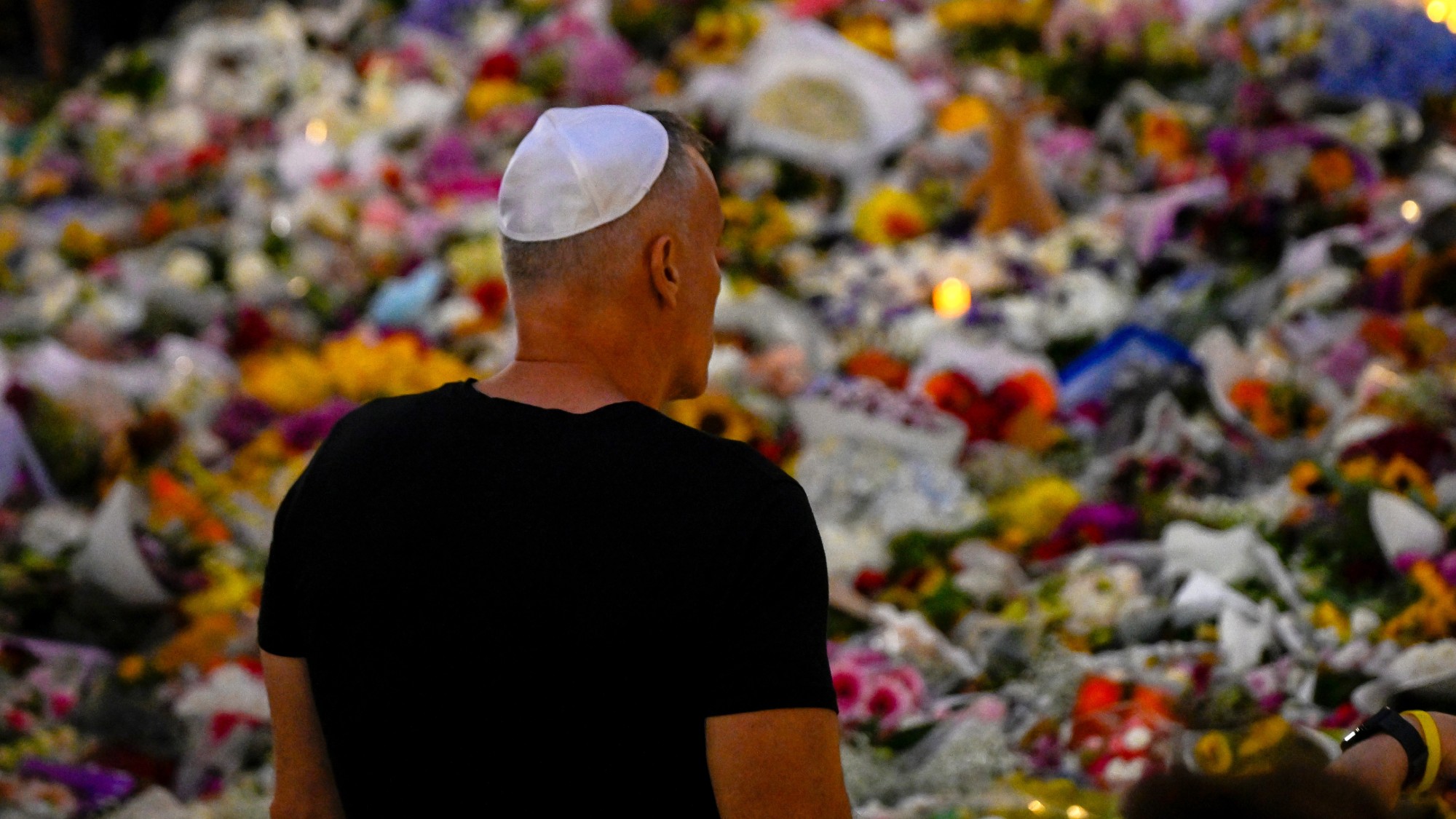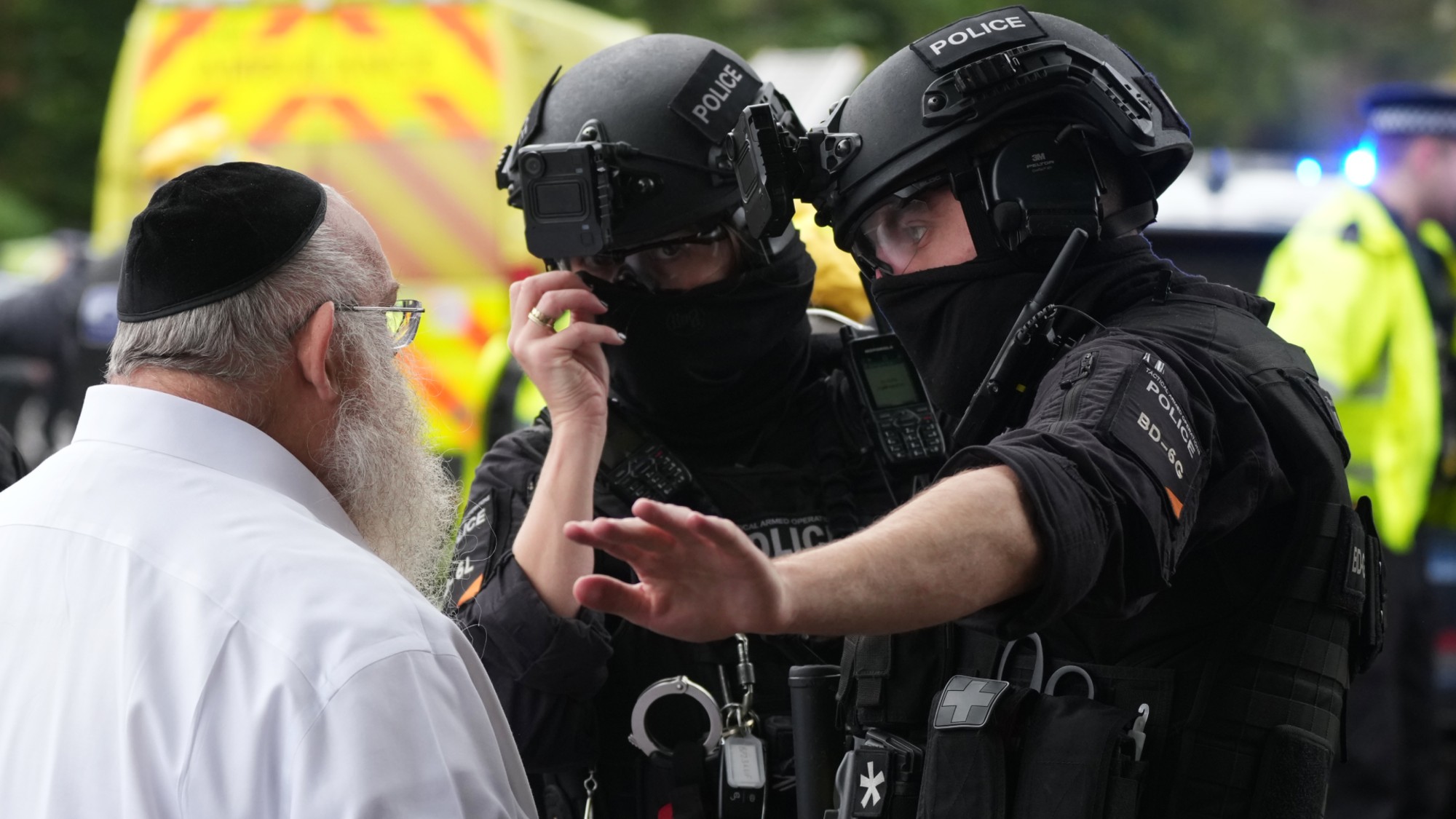The failed bombings of 21/7
Unsuccessful attacks in July 2005 'unnerved' London and led to the tragic death of an innocent man

A free daily email with the biggest news stories of the day – and the best features from TheWeek.com
You are now subscribed
Your newsletter sign-up was successful
Twenty years ago today four terrorists killed 52 people and injured more than 700 in suicide bomb attacks on London's public transport.
Two weeks after the horrors of 7/7, there were four more attempted attacks. This time the devices failed to detonate properly but once again London was "unnerved", said historian Dominic Sandbrook on the BBC, but the police investigation led to the tragic death of one innocent man.
What happened?
In an attempted repeat of the 7/7 attacks, four Islamist extremists targeted three London Underground trains and a bus, but their devices failed to explode and only the detonators of the bombs went off.
The Week
Escape your echo chamber. Get the facts behind the news, plus analysis from multiple perspectives.

Sign up for The Week's Free Newsletters
From our morning news briefing to a weekly Good News Newsletter, get the best of The Week delivered directly to your inbox.
From our morning news briefing to a weekly Good News Newsletter, get the best of The Week delivered directly to your inbox.
These minor explosions caused nothing more than the popping sounds mentioned by witnesses, and the only reported injury was one person having a minor asthma attack.
Although no one died on 21/7, it was "nevertheless a terrible reminder" of the capital's "vulnerability to domestic terrorism" and the "apparently ubiquitous threat of Islamist extremism", said Sandbrook.
The offenders apparently "intended to kill themselves in acts of martyrdom", said The Jamestown Foundation, but they fled the scenes after their bombs failed to explode, sparking an "international manhunt", said Cosmopolitan.
The Metropolitan Police commissioner at the time, Sir Ian Blair, said the investigation became "the greatest operational challenge ever faced" by the force.
A free daily email with the biggest news stories of the day – and the best features from TheWeek.com
How were they caught?
The failure of the bombs to go off meant police were able to recover forensic material from the scenes, while CCTV images of the bombers were also widely shared.
With public transport passengers in the capital on edge, the investigation took a tragic turn when, the day after the failed attacks, police shot dead Jean Charles de Menezes, a Brazilian electrician who was mistaken for one of the bombers.
Within eight days, police had arrested all four of the main suspects. One was apprehended in Birmingham, two were arrested in London and a fourth was caught in Rome and extradited to the UK.
At their trial, the judge described their plot as a "viable attempt at mass murder". Ramzi Mohammed, Muktar Said Ibrahim and Yassin Omar were found guilty of conspiracy to murder and sentenced to minimum terms of 40 years' imprisonment.
A fourth man, Ismail Abdurahman, was convicted of assisting one of the failed bombers and failing to disclose information about the planned attacks. He was sentenced to 10 years, reduced to eight on appeal.
What happened next?
In 2008, the men lost a court appeal to challenge their convictions. Judges rejected their claim that the devices were made to look realistic "but included flaws" that were meant to "ensure that the main charge of each of those devices would not detonate".
The judges also dismissed applications from two of the men to challenge their sentences, ruling that "as they were rightly meant to be", the sentences were "severe and extreme".
In 2014, they lost an appeal at the European Court of Human Rights. Three of the men had claimed their human rights had been breached because statements they made to police without lawyers present had been used as evidence, and a fourth man argued he had been treated unfairly when he was interviewed as a witness.
The court ruled that it had been "convincingly established" that at the time of the interviews there was an "exceptionally serious and imminent threat to public safety", which provided "compelling reasons" to "delay" all four applicants' access to lawyers.
The following year, the Grand Chamber of the European Court of Human Rights agreed to look again at the case. It ruled that there was no violation of rights for Ibrahim, Ramzi Mohammed and Omar, but there was a violation in the access to legal counsel for Abdurahman.
Chas Newkey-Burden has been part of The Week Digital team for more than a decade and a journalist for 25 years, starting out on the irreverent football weekly 90 Minutes, before moving to lifestyle magazines Loaded and Attitude. He was a columnist for The Big Issue and landed a world exclusive with David Beckham that became the weekly magazine’s bestselling issue. He now writes regularly for The Guardian, The Telegraph, The Independent, Metro, FourFourTwo and the i new site. He is also the author of a number of non-fiction books.
-
 Political cartoons for February 14
Political cartoons for February 14Cartoons Saturday's political cartoons include a Valentine's grift, Hillary on the hook, and more
-
 Tourangelle-style pork with prunes recipe
Tourangelle-style pork with prunes recipeThe Week Recommends This traditional, rustic dish is a French classic
-
 The Epstein files: glimpses of a deeply disturbing world
The Epstein files: glimpses of a deeply disturbing worldIn the Spotlight Trove of released documents paint a picture of depravity and privilege in which men hold the cards, and women are powerless or peripheral
-
 How the ‘British FBI’ will work
How the ‘British FBI’ will workThe Explainer New National Police Service to focus on fighting terrorism, fraud and organised crime, freeing up local forces to tackle everyday offences
-
 How the Bondi massacre unfolded
How the Bondi massacre unfoldedIn Depth Deadly terrorist attack during Hanukkah celebration in Sydney prompts review of Australia’s gun control laws and reckoning over global rise in antisemitism
-
 Who is fuelling the flames of antisemitism in Australia?
Who is fuelling the flames of antisemitism in Australia?Today’s Big Question Deadly Bondi Beach attack the result of ‘permissive environment’ where warning signs were ‘too often left unchecked’
-
 Ten years after Bataclan: how has France changed?
Ten years after Bataclan: how has France changed?Today's Big Question ‘Act of war’ by Islamist terrorists was a ‘shockingly direct challenge’ to Western morality
-
 Arsonist who attacked Shapiro gets 25-50 years
Arsonist who attacked Shapiro gets 25-50 yearsSpeed Read Cody Balmer broke into the Pennsylvania governor’s mansion and tried to burn it down
-
 Manchester synagogue attack: what do we know?
Manchester synagogue attack: what do we know?Today’s Big Question Two dead after car and stabbing attack on holiest day in Jewish year
-
 The Miami Showband massacre, 50 years on
The Miami Showband massacre, 50 years onThe Explainer Unanswered questions remain over Troubles terror attack that killed three members of one of Ireland's most popular music acts
-
 Bombing of fertility clinic blamed on 'antinatalist'
Bombing of fertility clinic blamed on 'antinatalist'speed read A car bombing injured four people and damaged a fertility clinic and nearby buildings in Palm Springs, California